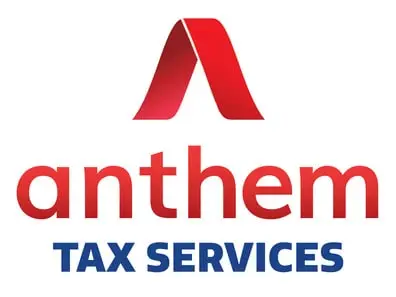
We are all living in unprecedented times and, undoubtedly, you have heard about the 90-day tax payment extension due to the Coronavirus pandemic. What does this tax extension mean for taxpayers? Should your taxes still be filed, and paid, by the official April 15th deadline? In order for you to be certain of the details, we have laid out this simple guide to explain the changes we have been presented with.
First, you can be rest assured that the IRS is continuing to accept returns and process refunds. However, due to the Coronavirus pandemic, this year’s Tax Day has been moved to July 15th, 2020, for this year alone. This date change applies to both the filing and payment deadline. We are more than prepared to help you in receiving your refunds quickly, so please read through to the bottom of the article to review your options, as well as understand the basic changes in tax deadlines.
What You Need to Know: Covid-19 & Your Taxes
While April 15th has long been the official deadline for taxes, the Treasury Department made a few changes on March 20th, 2020. Certain businesses and taxpayers will be granted another 90 days to file and pay their 2019 tax bill. There is a key date to add to your calendar, in case you are unable to file your taxes beforehand. July 15th, 2020 is the new temporary due date for taxes, although an extension to October 15th, 2020, may be requested where applicable.
Individuals who expect to owe income taxes for the 2019 year, may delay any IRS payment until this new deadline. Interest will not accrue while you wait, nor penalties, should you pay within the time-frame – before new July deadline.
Who is Eligible for Tax Filing & Payment Deferral?
Various tax filers will be eligible to take advantage of the temporary Coronavirus tax extension, including those who file: Individual Form 1040, Form 1120 (corporations), Form 1041 (trusts and states), fiscal year partnerships, associations and companies.
If I am Entitled to a Refund, How Will I Be Affected?
In the event that you are eligible to receive a refund, this change should not affect you at all. According to the Treasury Department, those entitled to a refund should continue to expect the receipt of said refund within the normal 21 day window.
How to Delay Tax Filing and Payment
Although the due date has changed temporarily, taxpayers are still required to file their extension, or tax return, by July 15th, 2020. Interest and penalties are both waved automatically for 90 days, and won’t accrue until after July 15th, 2020, for qualified businesses and taxpayers. This is because the tax payment deferral is automatic upon filing.
What Kinds of Payments Will the Deferral Cover?
Any normally associated interest, penalties (such as failure-to-pay), and income tax payments are covered by the deferral. Estimated tax payments, including self-employment income tax payments for the 2020 tax year, will all be due on April 15th, 2020 per normal.
Do State Taxes Apply Toward Deferral, too?
State taxes are subject to state issued guidelines, especially in regard to deadlines. In order to learn more about the tax guidelines set forth by your own state of residence or operation, be sure to visit the Tax Foundation state tax page for more information.
What Amount Can be Deferred?
Currently, there are no limits in regard to the amount of tax payments taxpayers may defer.
Do 2020 Estimated Tax Payments Apply Toward the Deferral?
This is all dependent upon the payment date. Deferrals for first quarter 2020 estimated tax payments are due on April 15th, 2020, unless otherwise noted. Second quarter 2020 estimated payments do not qualify for a deferral, and payments are due on June 15th, 2020.
Does this Announcement Mean I don’t Owe 2019 Taxes?
Unfortunately, the deferral only extends the due date of tax liabilities. The deferral does not exempt or exclude the taxpayer, who is already required to file, from filing as they normally would. Beginning July 15th, 2020, interest and penalties will once again begin to accrue on all outstanding tax liabilities.
In the Event You Require More Prep Time
Each extension request, via Form 4868, must be filed by the temporary July 15th, 2020 deadline. An extension would allow an additional 90 days to file a return (October 15th, 2020). However, payments will still be due by July 15th, 2020, the extended deadline.
We are Here to Help
No matter how you choose to file your taxes, we are at the ready to assist you with all of your tax services during this extension period. Now, more than ever, we are prepared to get the most out of your refund – we understand how important refunds are to your overall financial well-being.
If you need to remain informed about the overall impact of the Coronavirus pandemic, especially in regard to taxes, please don’t hesitate to contact us by form or phone ((855) 749-2859). We are committed to supplying accurate, and trustworthy information in order to help navigate our ever-changing tax landscape.

